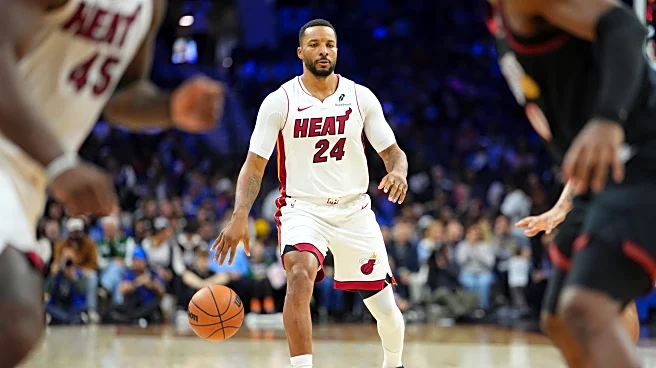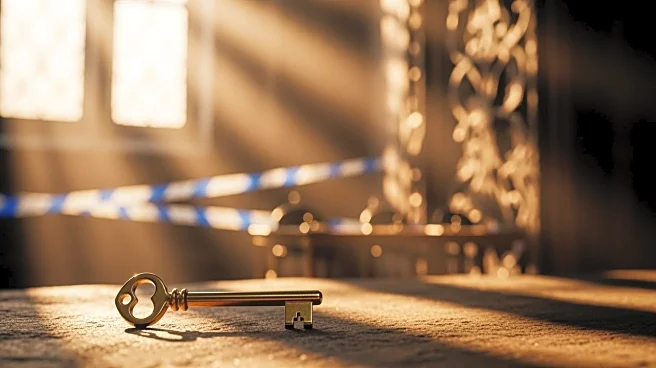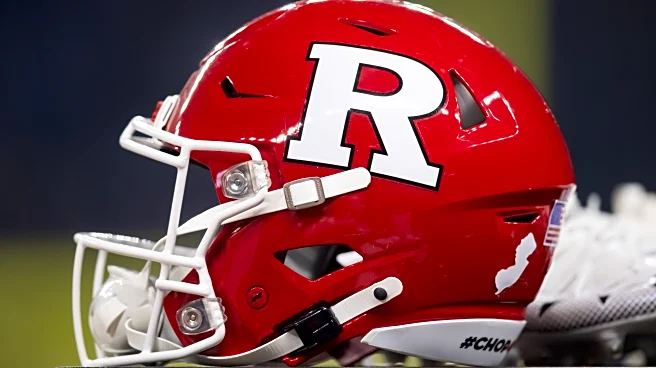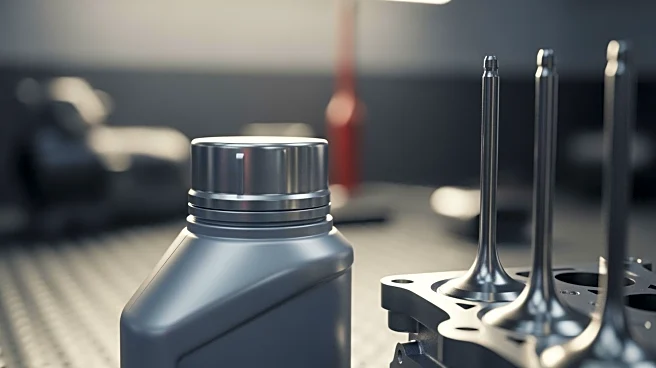There’s a moment in Thinking Basketball’s newest video where Ben Taylor points out that the average NBA team sets 55 ball screens per 100 possessions. Memphis last year posted the lowest number ever tracked at 34.
The 2025–26 Miami Heat?
Twelve.
Twelve screens per 100 possessions. That’s not just a stylistic choice — that’s a philosophical declaration. It is the death of traditional pick-and-roll offense and the birth of “0.5 isolation,” a system where every player attacks space with a live dribble,
instantly, relentlessly, without waiting for a screen to organize the defense. In a league built on choreography, Miami has gone full improv.
And tonight, with Tyler Herro expected to return, the Mavericks walk into the fire.
This Heat team doesn’t hunt mismatches; it hunts space. Spoelstra has essentially installed a positionless, downhill, chaos-generator where the ball pushes players around the floor like they’re orbiting a star — cut, relocate, attack, drive, reverse, attack again. No screens. No pre-scripted geometry. No planted help defenders.
Just five guys stampeding into whatever gap appears first.
The scary part? It works. It works beautifully. And it works because Miami’s roster was built for it: everyone can dribble, shoot, drive, or make the next 0.5-second decision. Even without Tyler Herro, this offense has looked like an avalanche coming downhill — more than 124 points per game, fastest offensive possession time in 30 years, and a defense that’s elite enough to feed the machine.
Dallas is not built for this — and the timing makes it worse, because their strength of schedule spikes dramatically from now until Christmas, with almost no clearly winnable games on the board.
The Mavericks struggle containing even basic drive-heavy teams (Memphis just put up 44 points in the paint through three quarters). They’ve struggled tagging rollers, cleaning the glass, staying in front of bigger wings, and protecting the rim without fouling. Now comes a team that refuses to let you set your feet at all. There’s no coverage to call. No scheme to lean on. No “get the screen defender higher.” Miami’s entire mission is to remove the structure that Dallas relies on.
That’s the problem: Dallas survives by knowing what’s coming. Miami’s entire identity is making sure you don’t.
The Mavericks (theoretically) can win—but to do it, they’ll have to play with more physicality, discipline, and shot making than we’ve seen in weeks—and be blistering hot from downtown.
This is the wrong opponent at the wrong time. And the Heat won’t slow down for anyone—just like the rest of the schedule gauntlet Dallas now faces.
















